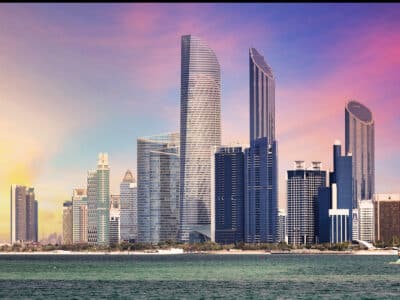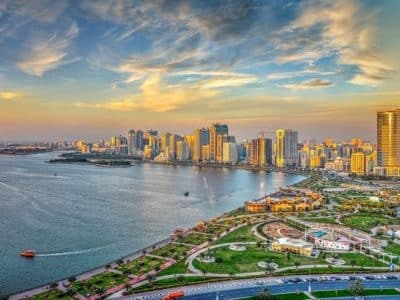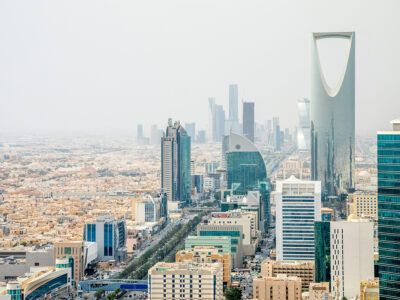Campers have been putting their lives in danger by setting-up on Bahrain’s oil and gas field, even using high-pressure pipelines to secure their tents, according to oil and gas producer Tatweer Petroleum.
The company has warned it will take legal action against the desert campers if they are found to be acting recklessly or camping too close to potentially dangerous infrastructure.
While in most countries non-workers are banned from entering oil and gas fields, no such barrier applies at Bahrain Field, the country’s only such facility.
Tatweer said some campers did not appreciate the risk and ignored signs warning them not to set-up in areas with high pressure pipes or where poisonous and flammable hydrogen sulphide (H2S) was detected in the air.
“We have seen campers routinely use these high pressure pipelines to hold their tents and we have seen others who drive over these lines,” the company said in a statement.
“Rupturing or breaking a high pressure pipeline can cause devastation around it.
“We have cases of tampering with the pipelines that can cause leakage or, in extreme cases, explosions.
“This is why campers are urged to maintain a safety exclusion zone of at least 50 metres.”
The company said it would contact police if campers were found to be endangering their lives.
“We are now going through an internal campaign of safe camping awareness for our employees – especially for those who drive in the (Bahrain) Field – and to encourage them to report violating campers, who we report to the proper authorities for further action,” the statement says.
“H2S is a common gas that is found in oil and gas operations. It is both toxic and flammable – Bahrain Field is not different.
“While all our operations are closed and no H2S is vented to the air in Tatweer’s operations, there can still be some instances where it will be present at some facilities.
“In order to keep campers safe, they are urged to remain outside of the facilities’ exclusion zones.”
Camping is a popular hobby across the Gulf during the cooler months of October to March.







